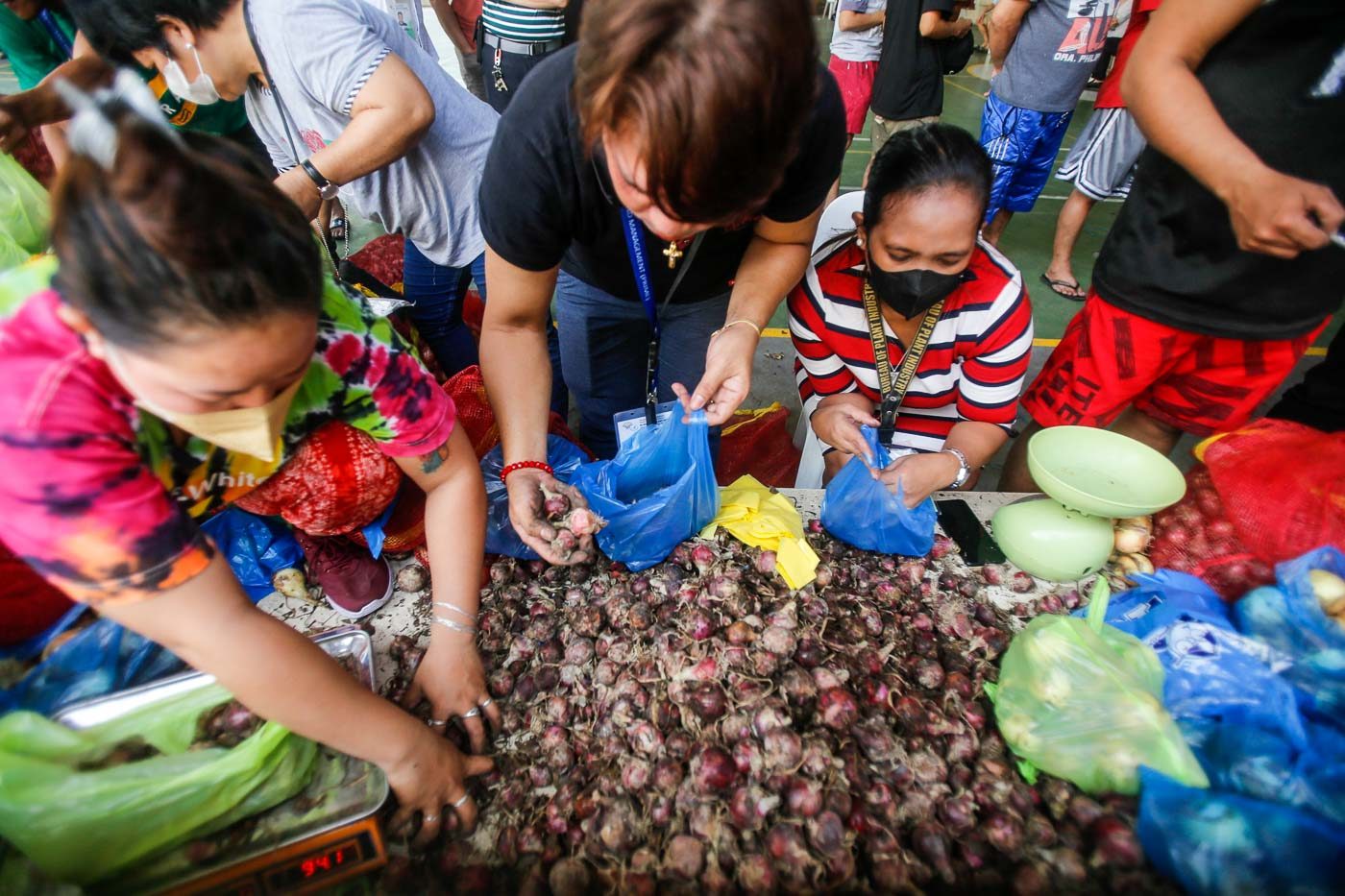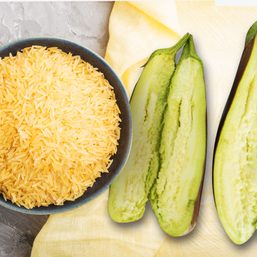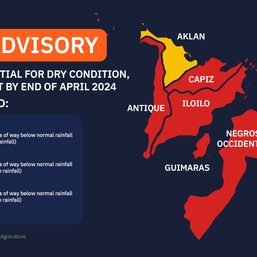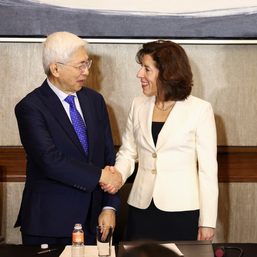SUMMARY
This is AI generated summarization, which may have errors. For context, always refer to the full article.

MANILA, Philippines – The Department of Agriculture (DA), concurrently headed by President Ferdinand Marcos Jr., approved the importation of 21,060 metric tons of onions to address the supply gap that has caused prices to skyrocket.
In a letter on Friday, January 6, the DA told the Bureau of Plant Industry to issue import clearances for yellow and red onions from January 9 to 13, Monday to Friday. Importers have until January 27 to ship imported onions.
To monitor the entry of imported onions, only the ports in Manila, Subic, Cebu, Davao, and Cagayan de Oro are allowed to receive the shipments.
The DA’s price monitoring data showed that local red onions are sold in markets for P480 to P600 per kilo (around $8.70 to $10.90). Prices of white onions range from P450 to P600.
The DA recently raised the suggested retail price of red onions from P170 per kilo to P250 – a 47% jump. This move has so far failed to temper prices.
Based on 89 countries included in the database of Global Product Prices, the average price of onions is just $1.54 per kilo, equivalent to around P84.87. This means that onions in the Philippines cost 607% more than in the rest of the world.
Farmers affected
Senate Minority Leader Aquilino “Koko” Pimentel III slammed the DA’s latest move, saying it could “negatively affect the income and business of local farmers who are about to harvest locally produced onions.”
In a statement on Tuesday, January 10, Pimentel also said the DA could have authorized importation of onions during the off-season.
“It looks like we allowed the hoarders, the illegal importers, and the price fixers to profit from the peak season of Christmas. Now, we will bite into the trap, and if we now agree with the importation of onions, we will now be affecting the local farmers,” added the senator.
Pimentel’s fellow opposition senator Risa Hontiveros also said the decision to import onions came “too late” and it “should have been authorized two months ago in time for the holidays.”
She added that the DA must now “wait and see,” instead of importing all 21,060 metric tons.
“Baka naman puwedeng kalahati lamang ng authorized amount ni Presidente ang dapat ma-import, lalo na kung maging masagana ang makukuha natin sa Nueva Ecija at Mindoro. Puwede namang hindi itodo,” Hontiveros said in a statement on Wednesday, January 11.
(Perhaps we could import only half of the amount authorized by the President, especially if farmers in Nueva Ecija and Mindoro have a bountiful harvest. We don’t have to import the entire amount.) – Rappler.com
$1 = P55.11
Add a comment
How does this make you feel?
![[EDITORIAL] When onions become luxury, where lies hope?](https://www.rappler.com/tachyon/2023/01/animated-new-year-2023-carousel.jpg?fit=449%2C449)














There are no comments yet. Add your comment to start the conversation.